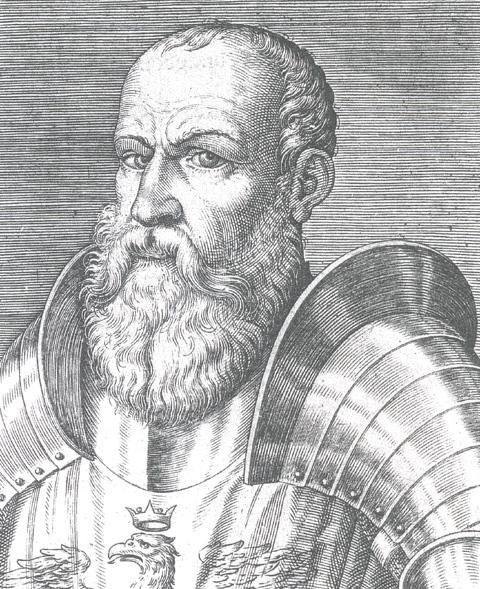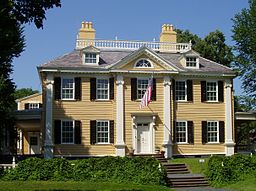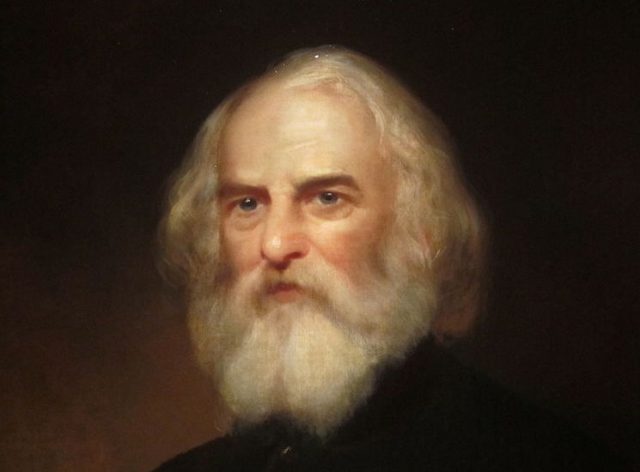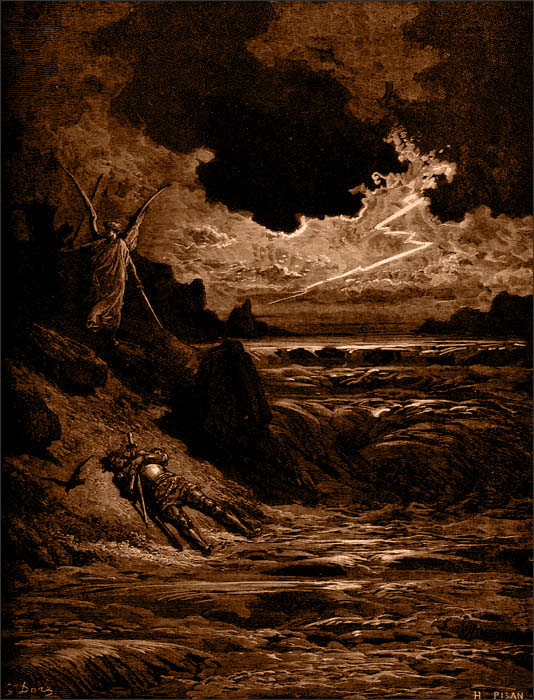DANTE’S POLITICAL LIFE
The approach of the seven-hundredth anniversary of Dante’s death is a propitious time to recall the events that drove him from his native Florence and marked his life in various Italian cities before he found his final refuge in Ravenna, where he died and was buried in 1321. Drawing on early chronicles and biographies, modern historical research and biographical criticism, and the poet’s own writings, I construct this narrative of “Dante’s Political Life” for the milestone commemoration of his death. The poet’s politically-motivated exile, this biographical essay shows, was destined to become one of the world’s most fortunate misfortunes.
Read more in Bibliotheca Dantesca, December 2020
______________________________________________________________________________
THERE’S A SPECIAL PLACE IN DANTE’S INFERNO FOR WAFFLERS AND NEUTRAL SOULS
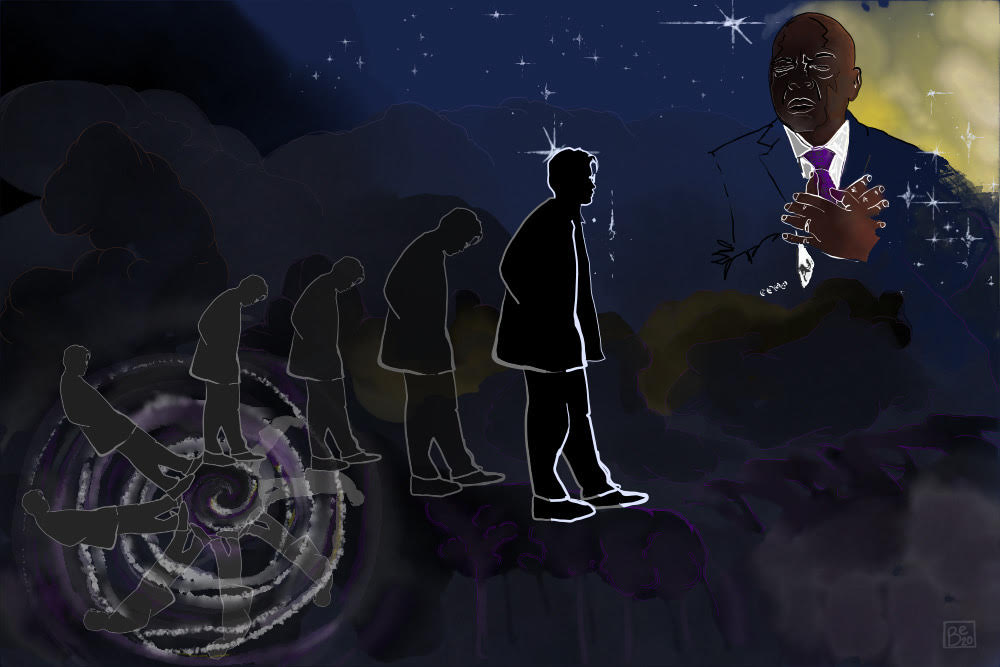
Dante’s Divine Comedy, an epic poem recounting the Florentine’s journey through Hell, Purgatory, and Paradise, remains the go-to guide to the afterlife, the world’s most famous travelogue for the great beyond. But Dante matters more than that. Dante’s encounters with the dead offer enduring lessons for the living, including one that speaks with vital urgency to us today. . . .
Read more in Zócalo Public Square, August 31, 2020
______________________________________________________________________________
Medieval Facial Hair in Major League Baseball
What is it with baseball players and whiskers?
The 2013 Red Sox perfected the art of beard-bonding on the way to their third World Series championship in ten years. Boston players and their fans rallied around what Christopher Oldstone-Moore calls the “quest beard” in his history of facial hair, Of Beards and Men. Two years later the Yankees began winning only after Brett Gardner stopped shaving his upper lip and, seeking to propitiate the baseball gods, his teammates followed suit. Lip caterpillars soon dwindled along with victories that first year without naked-faced Derek Jeter, but there were still more staches and wins than pundits predicted before the season began. The 2017 Fall Classic featured two rosters—the Houston Astros and Los Angeles Dodgers—modeling a wide assortment of trendy beards, with Dallas Keuchel’s voluminous but well-tended shrubbery taking first-place honors. . . .
Read more in Not Even Past, October 8, 2018
______________________________________________________________________________
George Washington in Cambridge and the Birth of a Nation
There was little or no mention of American independence when General George Washington arrived in Cambridge, Massachusetts as commander-in-chief of the Continental Army on July 2, 1775, and reviewed his troops the following day. On the contrary, Washington had assured the New York Provincial Congress on June 26, “every exertion of my worthy colleagues & myself, will be equally extended to the reestablishment of peace and harmony between the Mother Country and the Colonies.” After spending his first days in Cambridge in the home of Samuel Langdon, President of Harvard College, Washington recognized the need for more spacious lodgings to serve as his personal residence and army headquarters during the Siege of Boston. . . .
Read more in Process: A Blog for American History, February 22, 2017
______________________________________________________________________________
Longfellow’s Great Liberators: Abraham Lincoln and Dante Alighieri
“We breathe freer. The country will be saved.” Henry Wadsworth Longfellow’s response to the reelection of Abraham Lincoln in 1864 is a timely reminder of how, while they all matter, some presidential elections matter much more than others.
Five years earlier Longfellow was one of many who believed the time for peace had passed with John Brown’s execution for attempting to arm slaves with weapons from the federal arsenal at Harpers Ferry. “This will be a great day in our history,” he wrote on Dec. 2, 1859, the day of the hanging, “the date of a new Revolution” needed to move the nation farther toward the Constitution’s goal of “a more perfect Union.” . . .
Read more in Not Even Past, January 18, 2017
______________________________________________________________________________
Fragments of Freedom: Dante’s Relic in the Re-United States
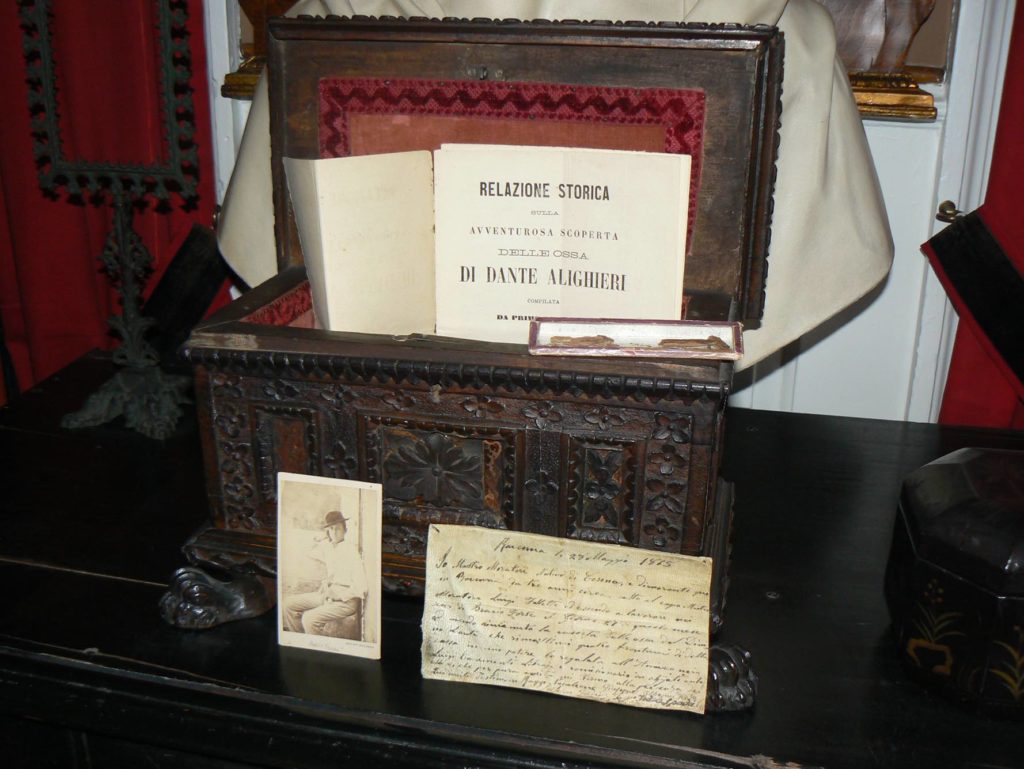
A shrine to Dante and Washington—fathers of their nations—Longfellow’s study was animated with the spirit of liberty and independence. Rendered more sacred by the presence of Dante’s relic not many years after Italy’s unification and America’s Civil War—a “new Revolution,” to Longfellow’s mind, necessary to realize the Constitution’s “more perfect union” by ending slavery—the room joined Italy’s ancestral father not only to George Washington but also to Abraham Lincoln, father of the “Re-united States.” . . .
Read more in California Italian Studies 6, no. 1 (2016)
______________________________________________________________________________
Dante at Arms
The road Dante traveled from Florence, where he was born in 1265, to Ravenna, where he died in 1321, was not a straight one. What is known beyond doubt is that Dante’s exile was a painful consequence of his deep involvement in politics, an arena as divisive in medieval Florence as it is in much of the world today. Less well known are the particulars of Dante’s military service in defense of his city’s political interests. A narrative reconstruction of the poet-soldier’s experience in warfare—and the events that shaped it—illuminates and is illuminated by his elaboration of Florentine military history in the Divine Comedy. . . .
Read more in MHQ: The Quarterly Journal of Military History, 28, no 4 (2016)

